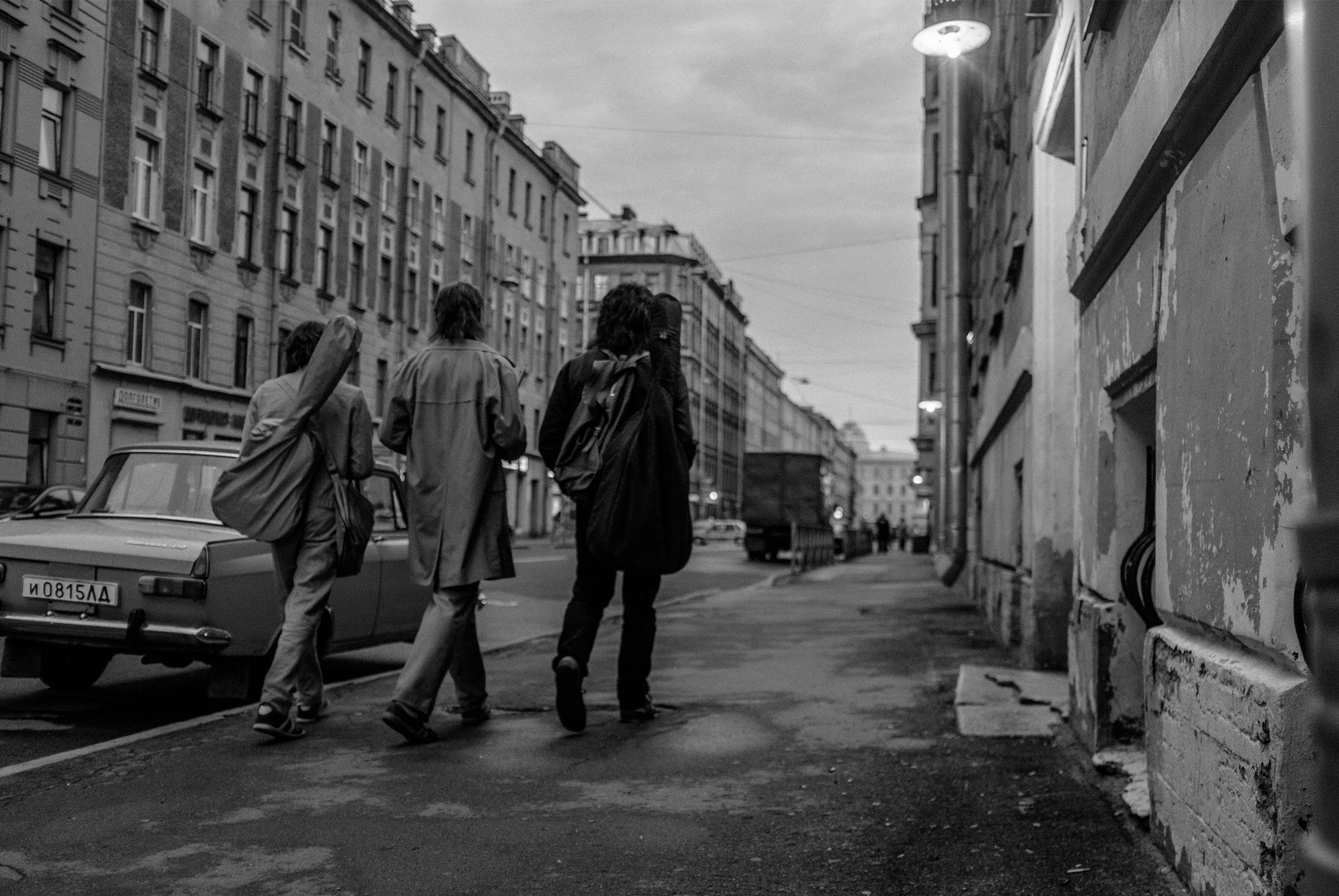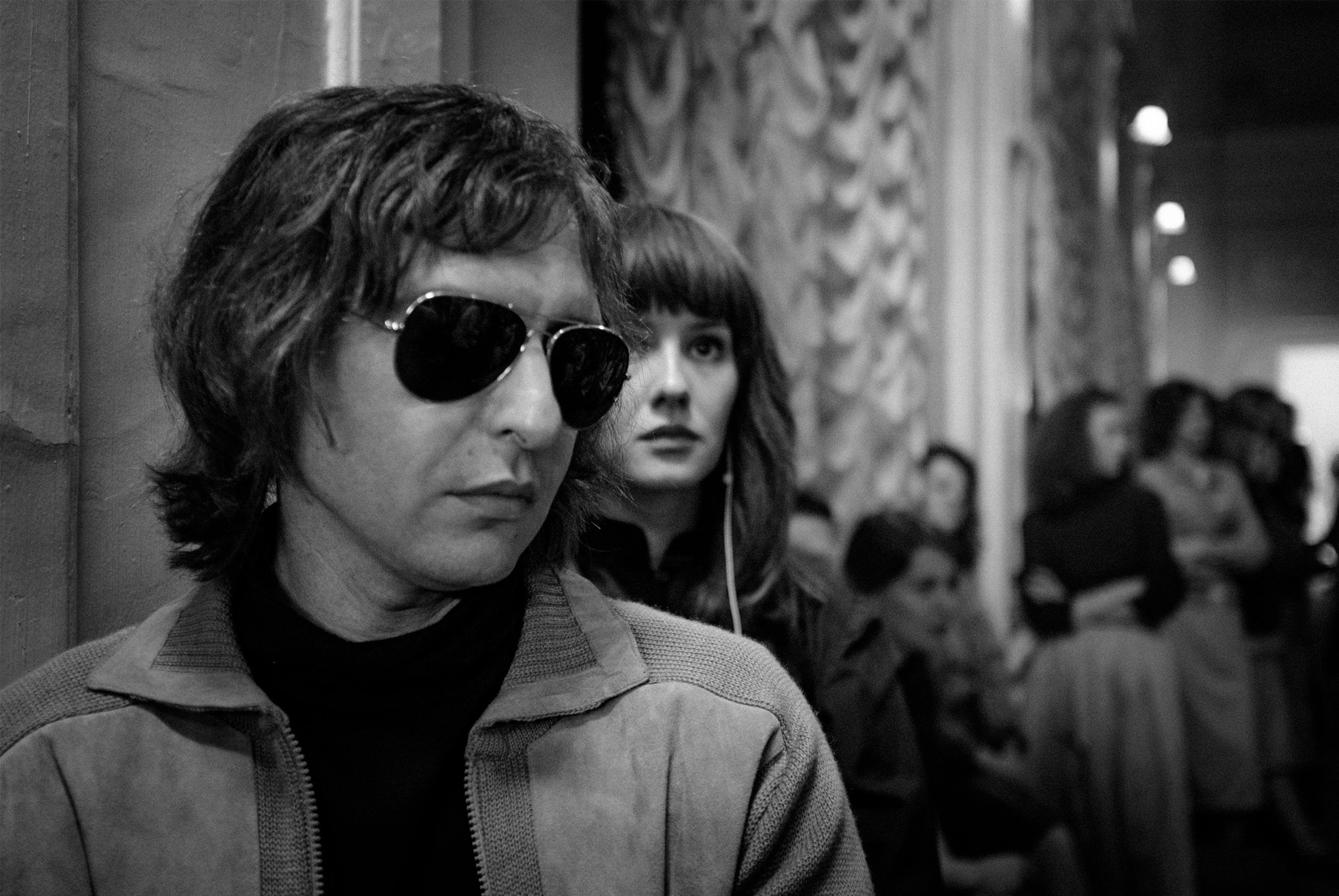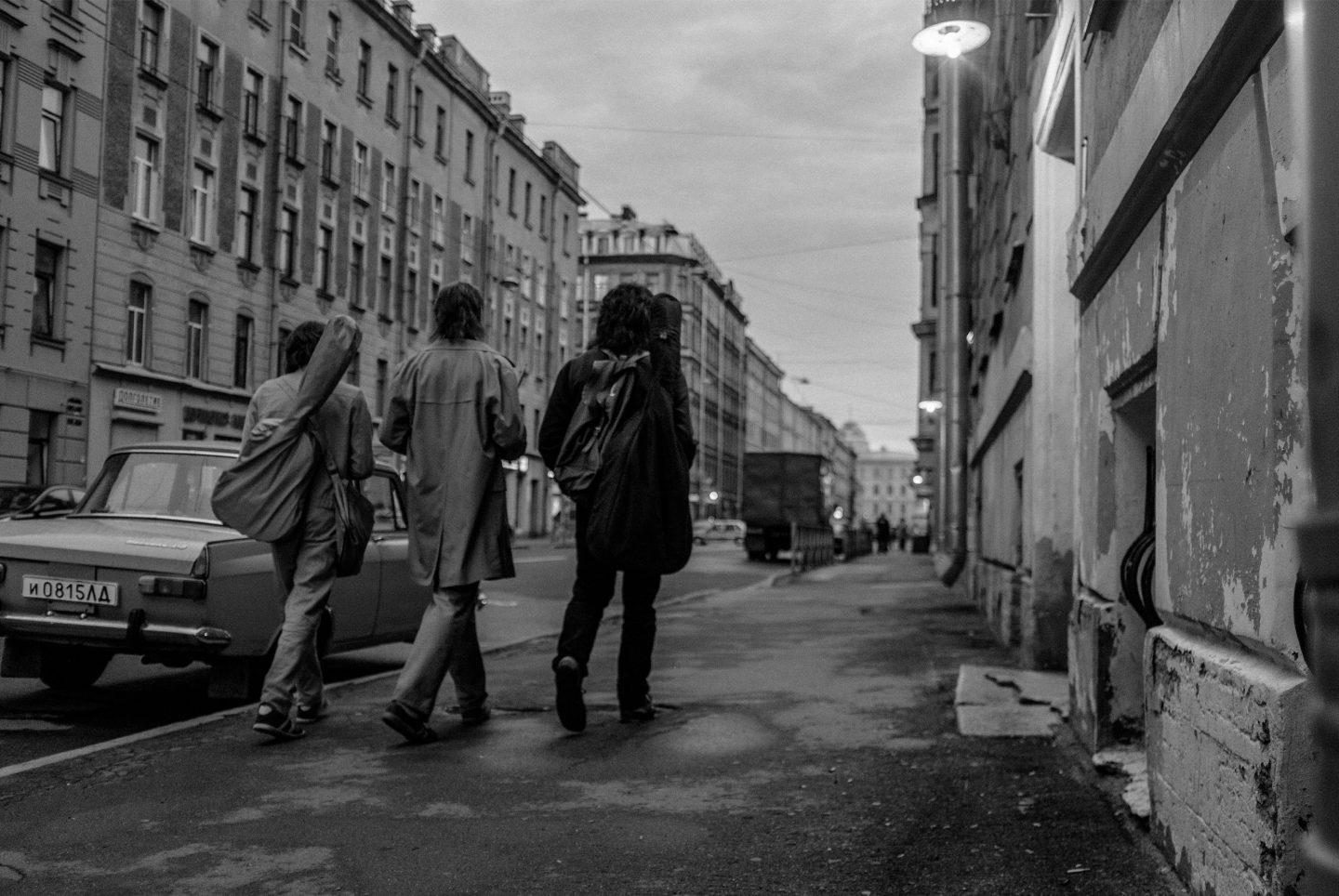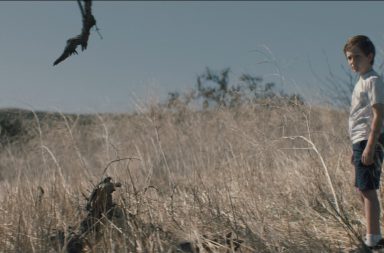Score It Magazine is in Cannes and is ready to share with you its personal favourites: the first one is Kirill Serebrennikov’s Leto.
Rock music and cinema have always shared a tight relationship. A perilous one, one may say. John Cameron Mitchell’s latest effort, How to Talk to Girls at Parties – out of competition last year in Cannes – was a brilliant essay about the crazy years of punk rock music in England, hiding behind the façade of a science-fiction romance. In his own style, Russian director Kirill Serebrennikov had a few things to say about rock music in the USSR at this year’s Festival, and his controversial voice is a precious one. Firstly, he wanted the whole world to know that rock music was pretty much alive and kicking behind the Iron Curtain, and even though the music of the “ideologic enemy” – as put by a character of the film – was reprehended by the Party, punk rock life was something to be lived as intensely in the clandestine joints of Leningrad as in the clubs of London. With Leto (Summer), Serebrennikov offers a reimagined version of the seminal years of two prominent glam rock figures in the Soviet Union. It is of course impossible not to draw the parallel between these musicians whose art was forbidden for being too subversive and the director of Leto himself – currently under house arrest since the end of 2017 – but that is just a complementary key to the political interpretation of the film. What Leto really is about is far more emotional, intense and primal: it is a film about rock music.
Rock music is the key to who these artists are, what they do and what they want. Rock music is what made their true selves violently emerge from the depths of a strict familial and educational Communist upbringing and background. Serebrennikov takes a laugh at the détente years, writing imaginary sequences set in public places – a suburban train, a bus, a street – and showing ordinary Soviet people singing signature songs from some famous Western artists of that time, from Talking Heads’ ‘Psycho Killer’ to Iggy Pop’s ‘The Passenger’. This “rebel yell” is an amusing snub to Mother Russia’s eternal politics of repression. The Leningrad Rock Club, in which many scenes of the film take place, was the only legal rock venue at that time, although largely overseen by the KGB. Sceptic is some kind of rock’n’roll Angel whose wild on-screen apparitions automatically make everyone lose their minds to the soul of rock and allow their anger to be released thanks to the different aspects of music.
Leto is telling the story of the T-Rex-influenced glam band Zoopark and the folk-turned-new-wave band Kino, but Serebrennikov’s cutting-edge style reminds of some of the greatest cinéma-vérité rock documentaries like D.A. Pennebaker’s Don’t Look Back and Robert Frank’s forbidden Stones feature, Cocksucker Blues – perhaps the greatest film about actual sex, actual drugs and actual rock’n’roll – and also features visual elements borrowed from the world of music video.
Blending the black and white format with 8-millimeter coloured images – the musicians are followed by a Pennebaker-like director – the aesthetics of Leto are like a four-chord punk rock song: dirty, dissenting and powerful. The film also equally features British and American songs as well as some early hits from Russian bands, including an angry, liberating cry called “You’re trash” that makes the film immediately enter the Pantheon of narrative rock films, somewhere between Velvet Goldmine, Almost Famous and 24 Hour Party People.
Written by Valentin Maniglia
Edited by Marine Wong Kwok Chuen
UPDATE: Leto won the Cannes Soundtrack Award on Friday, May 19th 2018. Now in their eighth edition, the Cannes Soundtrack Awards had a jury made of twenty-six film and music journalists from France. Congratulations to music producers Roma Zver and German Osipov, to director Kirill Serebrennikov and to all the cast and crew of the film!



